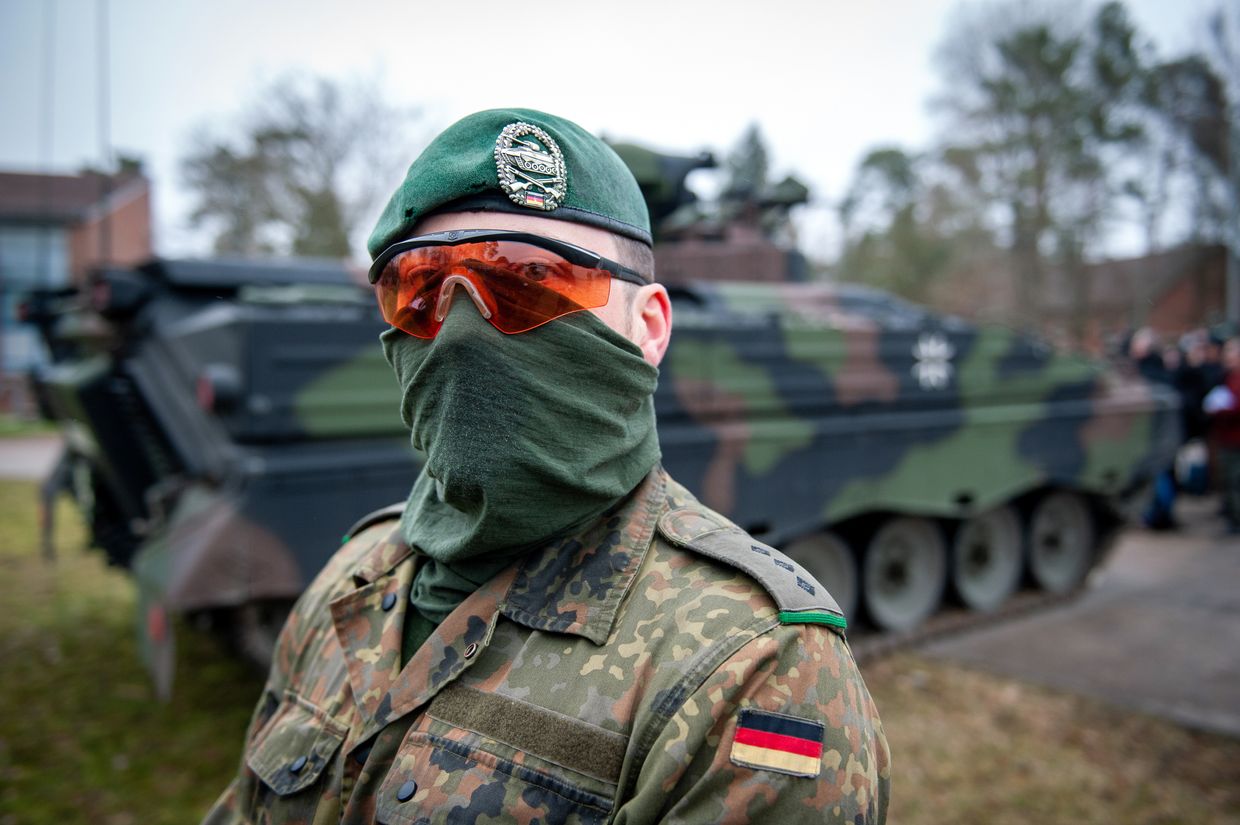Germany’s incoming chancellor, Friedrich Merz, said Ukraine should not join NATO or the European Union while it remains at war with Russia. In an interview with Handelsblatt published on April 12, Merz emphasized that Ukraine’s wartime status makes accession impossible at this stage.
"Ukraine is a very large European country, but it is a European country that is at war," Merz said. "A country that is at war cannot become a member of NATO or the European Union."
He reaffirmed that Ukraine’s future lies within both alliances but insisted that hostilities must first end. "The promise of joining the European Union remains valid, as does the perspective of joining NATO," Merz said. "But for both of these to happen, the war must end first."
Merz made his remarks shortly after unveiling what he called a "strong plan" to lead Germany forward, presenting his vision for a new coalition government on April 9. Germany has become Ukraine’s second largest military donor after the U.S., making it Kyiv’s leading supporter on the European continent.
The Christian Democratic Union (CDU)/Christian Social Union (CSU) bloc, led by Merz, won the most seats in February’s Bundestag election. The Social Democratic Party (SPD) finished third and will serve as a coalition partner in the new government.
Together, the CDU/CSU and SPD hold a majority in parliament, allowing them to form a government without involving other parties. The Greens, the far-right Alternative for Germany (AfD), and the Left will remain in opposition.
The new cabinet is expected to maintain support for Ukraine and increase defense spending, with further policy priorities to be outlined in the coalition agreement.
On March 14, a German parliamentary coalition agreed to allocate 3 billion euros (approximately $3.2 billion) in new military aid to Ukraine.
Merz’s ambitious plans to boost Germany’s defense spending are part of a broader shift in Europe’s security strategy. The continent is rearming and taking on a larger role in supporting Ukraine amid sudden changes in U.S. foreign policy under President Donald Trump.














